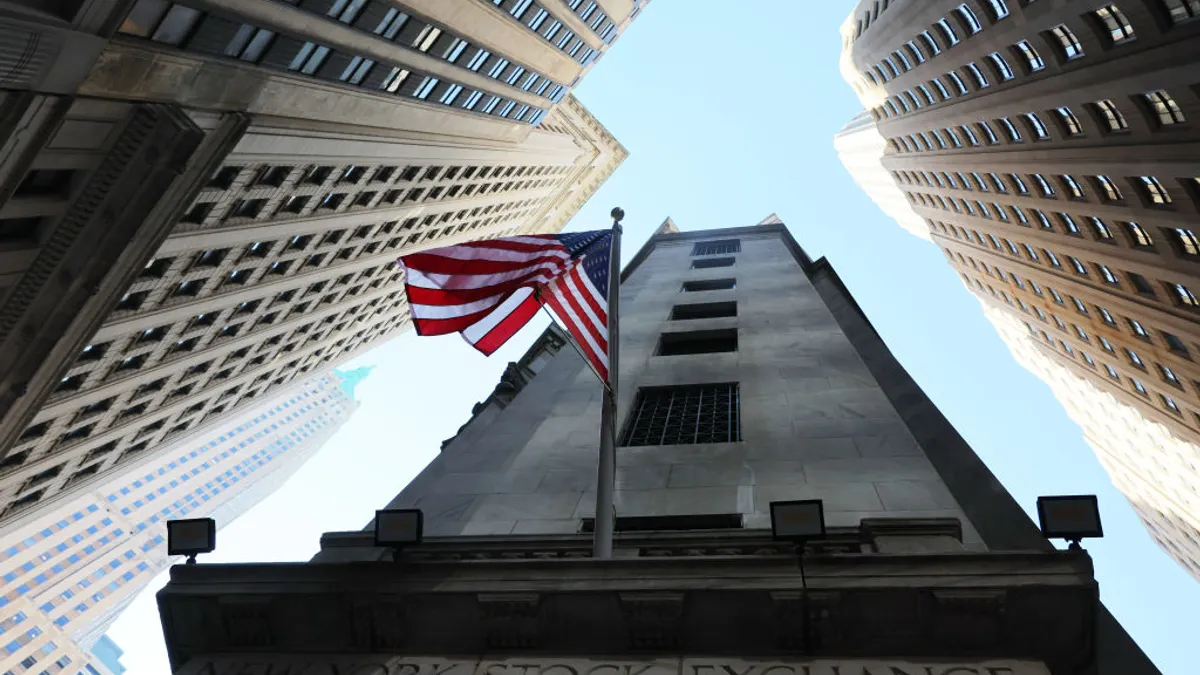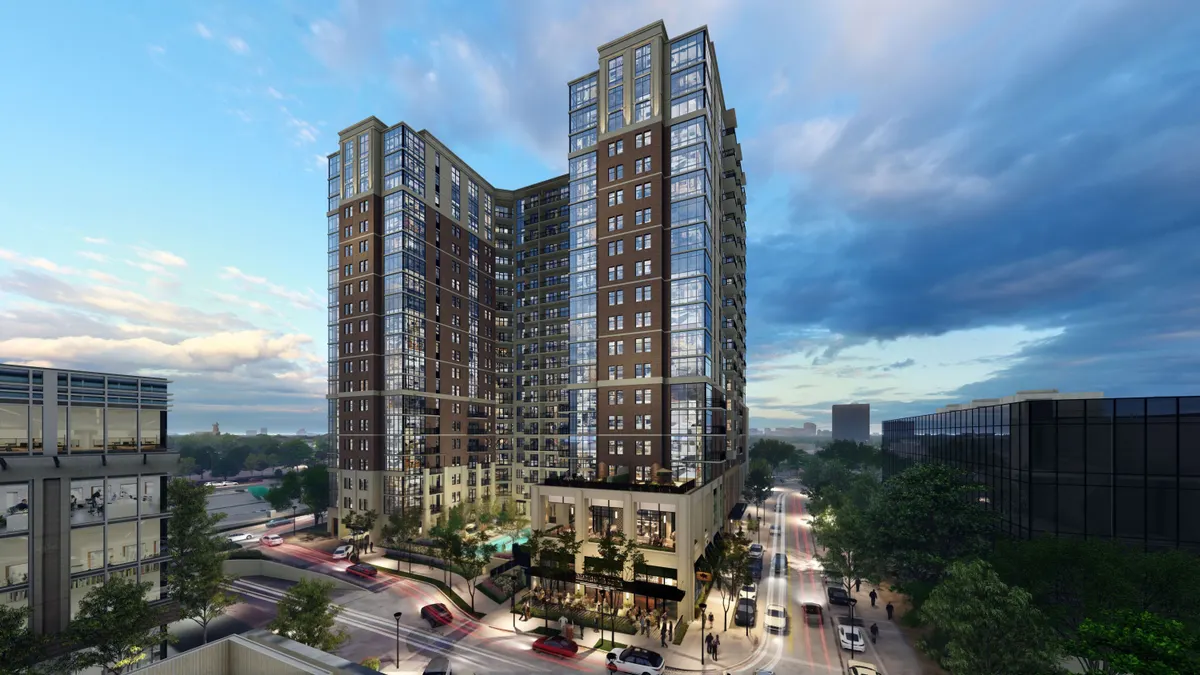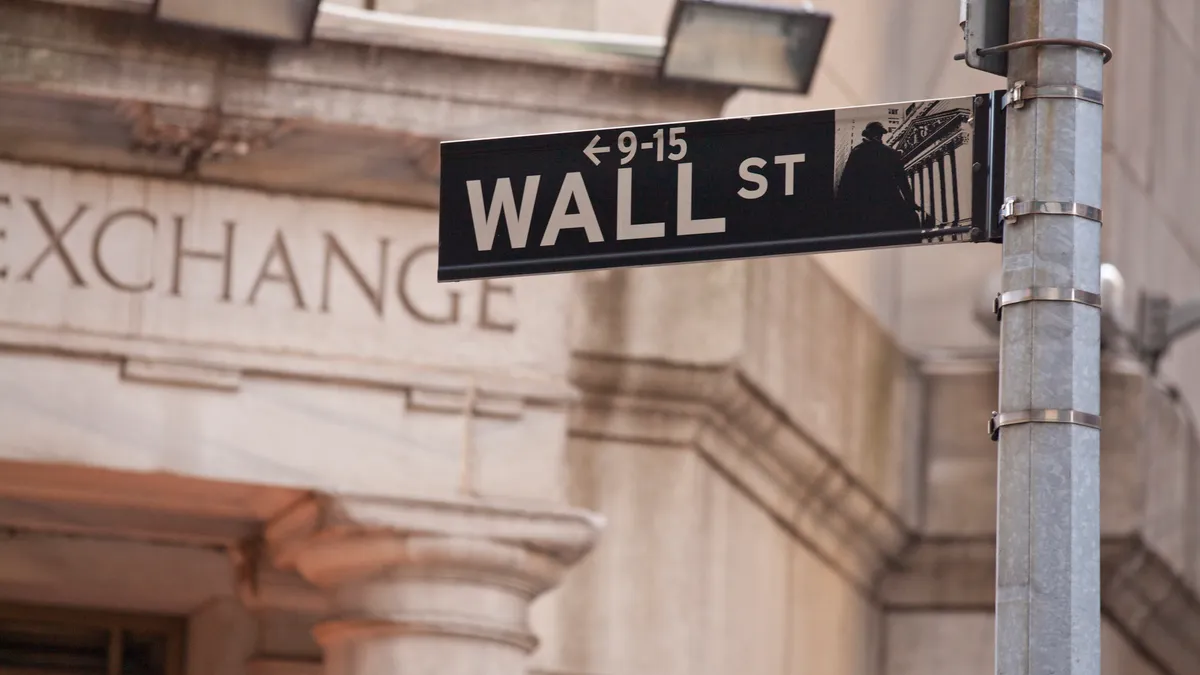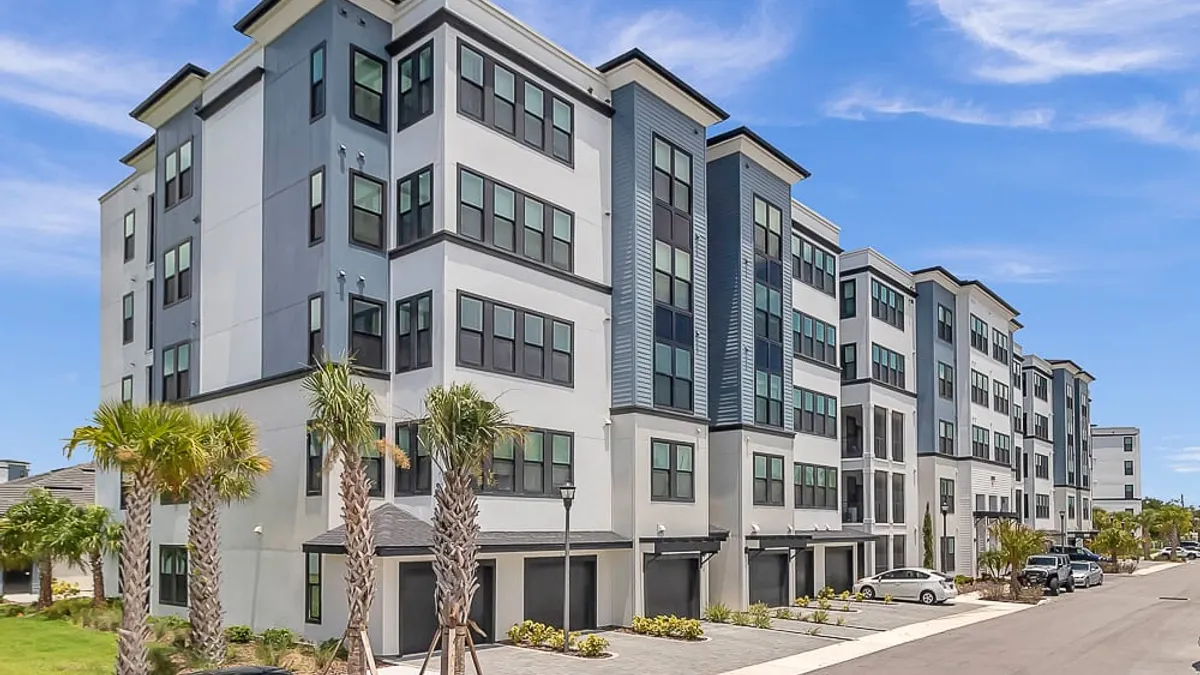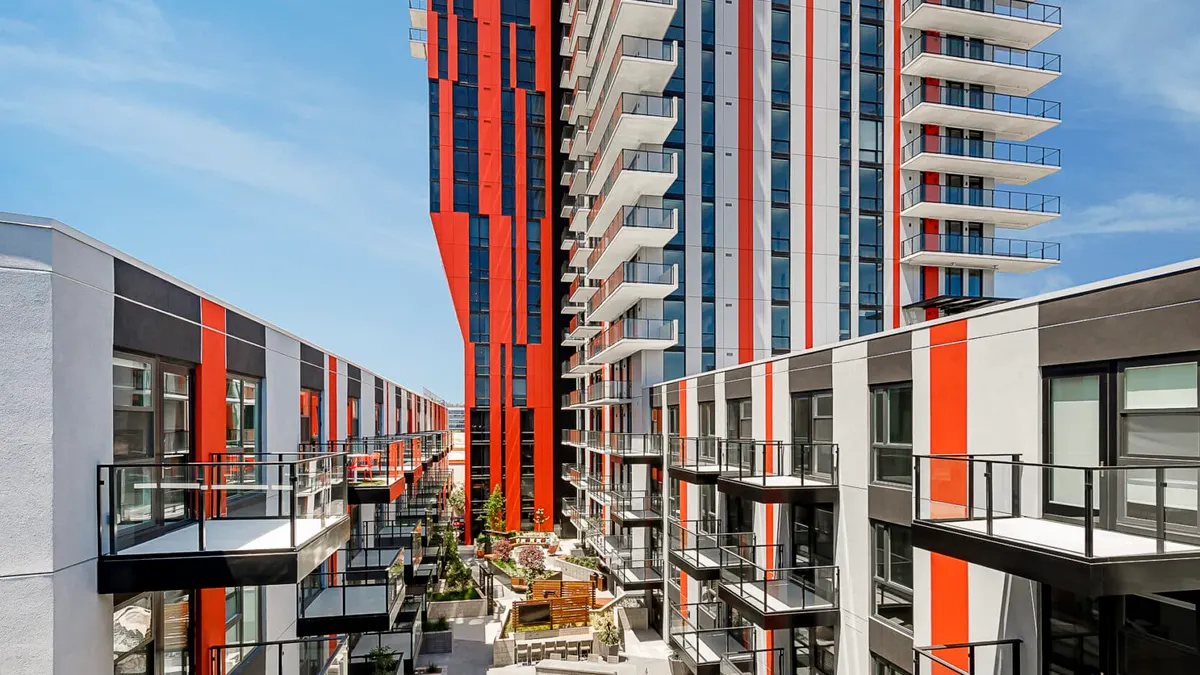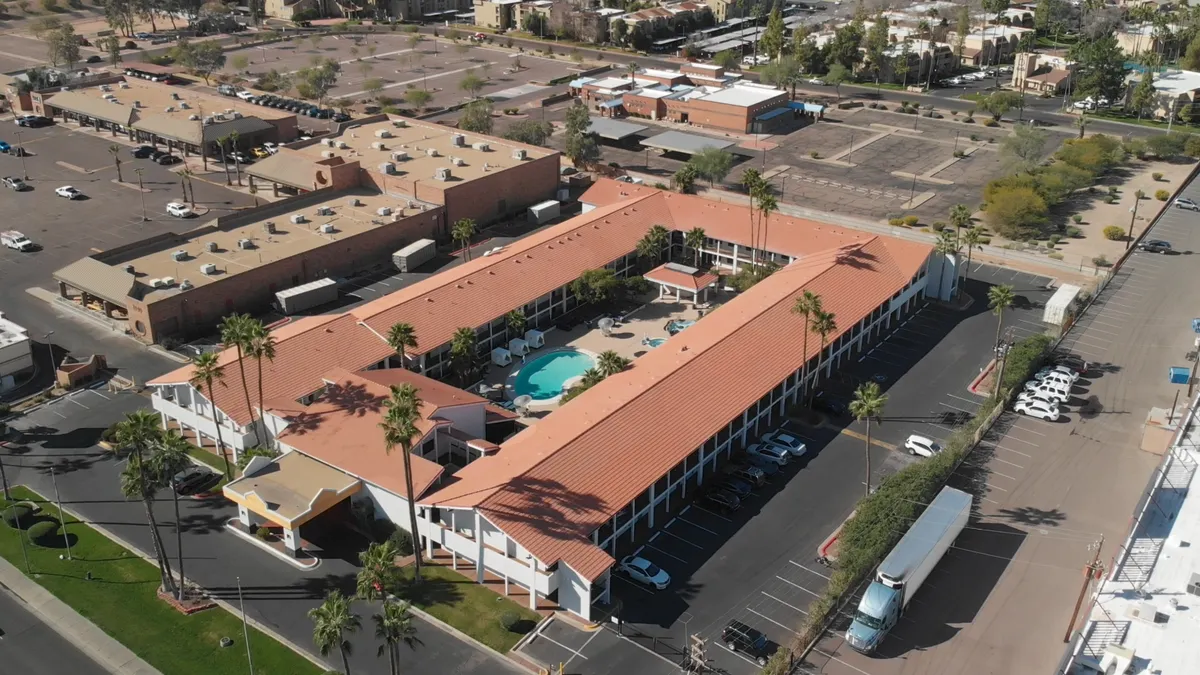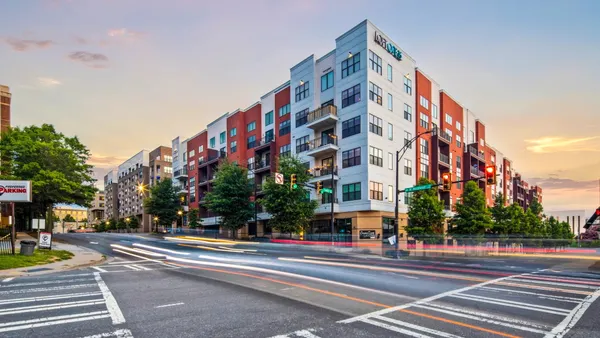AvalonBay posted lower-than-projected results in the third quarter, with NOI its biggest drag, according to the Arlington, Virginia-based REIT’s Oct. 29 earnings report.
Apartment demand has been softer than anticipated this year, which CEO and President Ben Schall attributed mainly to reduced job growth amid higher macroeconomic uncertainty, lower consumer confidence and a reduction in government hiring and funding.
“Of the five cents underperformance relative to our outlook, three cents was attributable to the same-store portfolio results, of which one cent related to lower revenue, and two cents related to higher operating expenses, including in repairs and maintenance, utilities, insurance and benefits,” Schall said on the firm’s Q3 earnings call Oct. 30.
Although AVB leaders expected a muted second half of the year, softness in rental rates since August, along with a slight occupancy dip in September, prompted AVB to revise its full-year 2025 FFO outlook down by 1.2%.
Schall expressed confidence nonetheless, noting AVB’s portfolio, tilted toward communities and suburban coastal markets, continues to be well-positioned and that it has $3 billion in projects under construction set to create value in 2026 and 2027. The company is also on track to start $1.7 billion worth of development projects this year.
The economics of development work better in suburban submarkets than in more heavily supplied urban areas, though it is often more difficult to get project approvals, said CIO Matt Birenbaum on the call. The company is also keeping an eye on apartment conversions, which “accelerated at an unprecedented pace” across the U.S. in 2024, per a new RentCafe report.
“In many of the urban cores, the cities are now trying to encourage conversion and adaptive reuse of outdated offices to multifamily, and they're actually providing incentives to do that. So it is possible that, if that starts to make sense, that supply could materialize fairly quickly, because those are existing buildings, it would be converted with a shorter build cycle time,” Birenbaum said.
Mid-Atlantic, SoCal slump
Rents began to trend below AVB’s midyear outlook in August across its portfolio, but it was most pronounced in Denver, Southern California — notably Los Angeles — and the mid-Atlantic, COO Sean Breslin said on the call. Over the past few years, AVB has been working to broadly reduce its exposure in lower-performing regions in California and the mid-Atlantic, recently selling off assets in Washington, D.C.
The prospect of a government shutdown has been affecting the D.C. region since Q2, and the market will likely be weak until the end of the year as the standoff continues, according to Breslin. “We're happy that we have kind of half our portfolio currently in Northern Virginia … which is holding out better than the district or some of the markets in Maryland,” Breslin said.
Meanwhile, in LA, the number of film and television jobs has declined by roughly 35% compared to three years ago, and Denver is “certainly a soft environment” due to ample supply, according to Breslin. Still, AVB has three lease-ups opening now in the solid New Jersey market, and a fourth one that's just finishing a lease-up.
According to Breslin, the company doesn’t expect much exposure from artificial intelligence-related job disruption, since its average age of renters is mid-30s — younger people are being more affected — and its San Francisco and Seattle markets draw people with the skills to be in the industry.
By the numbers
AVB purchased three wholly owned assets in Q3: 274-unit Avalon at Palisades in Charlotte, North Carolina, for $72.3 million; 270-unit Avalon Coconut Creek in Coconut Creek, Florida, for $99 million; and the 40-unit Redmond Campus II in Redmond, Washington, for $15.7 million.
It also sold six communities — four in Washington, D.C., one in Redmond and one in Brooklyn, New York — with an aggregate 1,594 units for $585.1 million.
AVB repurchased $150 million of its stock in Q3, at an average price of $193 per share, and signaled it may do so again.
“We essentially reloaded or reauthorized our share repurchasing program, so we now have $500 million additional authority to be able to tap into here going forward,” said AvalonBay CFO Kevin O’Shea on the call.
BY THE NUMBERS
| Category | Q3 | YOY Change |
| Property revenues | $685.4 million | 2.3% |
| Net operating income | $461 million | 1.1% |
| Operating expenses | $224.3 million | 4.6% |
| Funds from operations | $432 | 5.2% |
| Rent per unit | $3,087 | 2.2% |
| Occupancy rate | 95.7% | 10 bps |
SOURCE: AvalonBay



